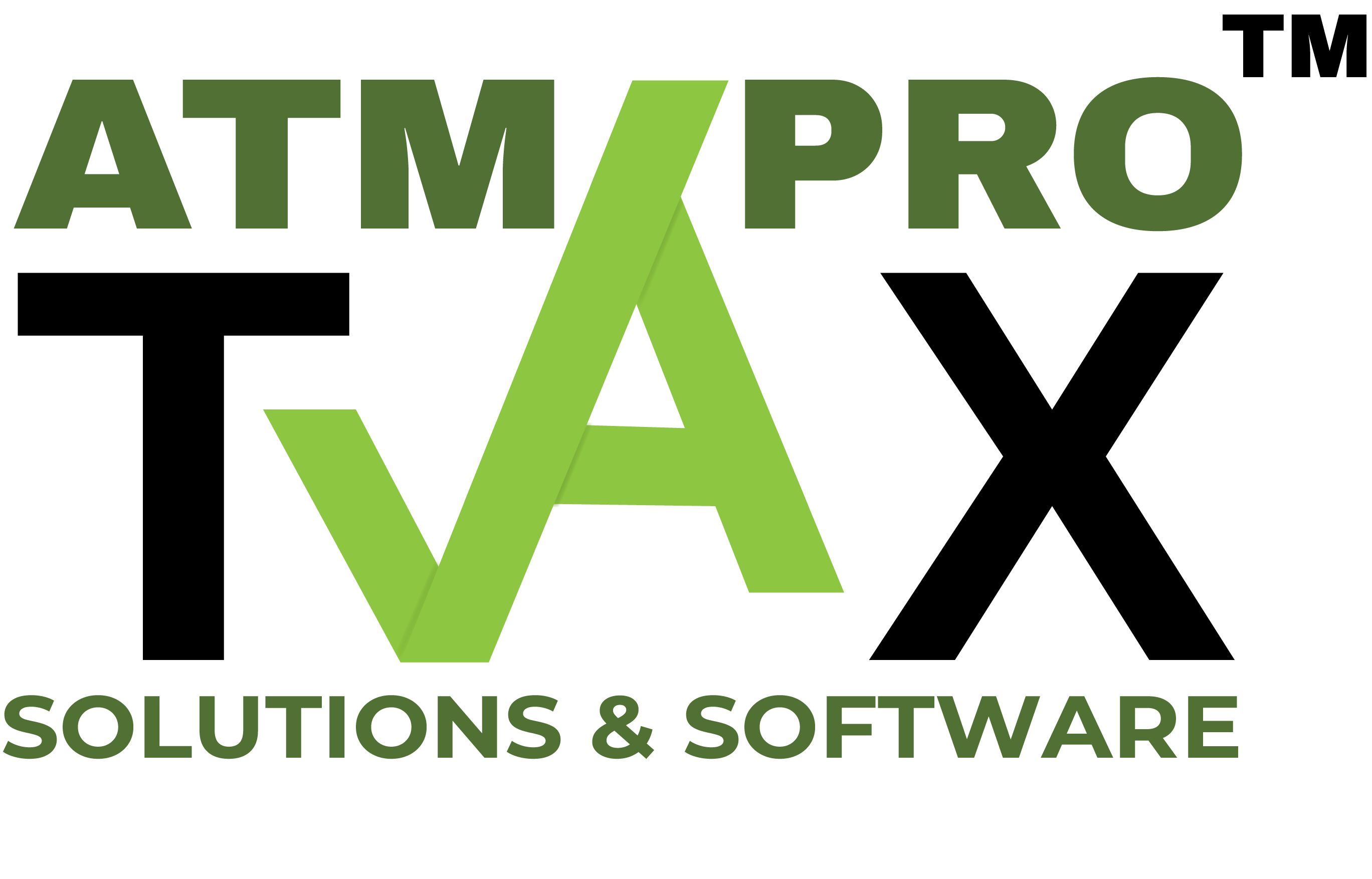Educational Center
- What Is a Dependent Exemption?
- What Does Adjusted Gross Income Mean?
- Income Tax Return Amount Due Meaning
- Business Taxes
- What Is a Commission?
- Direct Deposit Definition
- What Is Direct Tax?
- Earned Income Definition
- What Is the Earned Income Tax Credit?
- Electronic Return Originator Meaning
- What Is a Flat Tax?
- What Is an Injured Spouse Claim?
- What Does IRS Innocent Spouse Relief Mean?
- What Is Property Tax?
- Tax Deficit Meaning
- Electronic Filing
- Employee Taxes
- Excise Tax
- Tax Exempt
- Compulsory Filing of Income Tax Return
- Gross Income Meaning
- What Are Exemptions on Tax Returns
- Test to Become a US Citizen
- What Is Head of Household
- What Is Federal Income Tax?
- What Is an Authorized E-File Provider?
- Who Needs to File a Tax Return?
- Learn All About Financial Records
- What Is An Offer in Compromise and What Does It Mean?
- What Does Non Collectible Status Mean?
- What Is a Federal Tax Lien?
- Benefits Received Principle Definition
- Ability to Pay Definition
- Bonus Definition
A business tax is essentially any tax that has been levied on a business by the federal, state, or local governments. Most business taxes can be categorized into one of three groups:
- Income Taxes: All businesses, with few exceptions, must file an annual tax return. The rate at which you are taxed depends on how your business is set up. For instance, C corporations are taxed at the corporate rate rather than the individual rate.
- Estimated Taxes: Freelancers, independent contractors, and some small businesses that owe a certain amount of taxes are required to estimate and pay quarterly taxes.
- Employment Taxes: Those who are self-employed are required to pay Medicare and Social Security taxes.
Filing Business Taxes
The act of filing business taxes isn’t known for its simplicity. Businesses, large and small, have plenty of variables to worry about during tax season. This said, there are few general steps every business will have to follow:
- Choose your tax year: (Most businesses choose the calendar year, but you can choose another.)
- Find out your federal, state, and local tax obligations
- Collect all relevant business records
- Find and fill out the right business forms (e.g., Schedule C, Form 1120, etc.)
- Make sure your taxes are done by the appropriate deadline.
The last step is incredibly important, as your deadline might not be April 15th.
Small Business Tax Advantages
There are numerous tax advantages that small businesses can utilize. Unfortunately, the IRS doesn’t have a master list, only going with the “Ordinary and Necessary” rule. Basically, if an item or service is necessary for your business operation, then it’s tax-deductible.
Here are some examples:
- Rent
- Home Office
- Qualified Business Income
- Utilities
- Repairs
- Car
If you need help filing business taxes, look no further than ATM Tax Pro. Our tax services are designed to help you relieve the burden of taxes and get on top of them. Contact us today for a free consultation.
